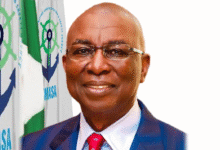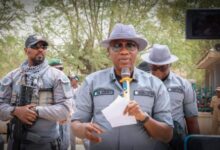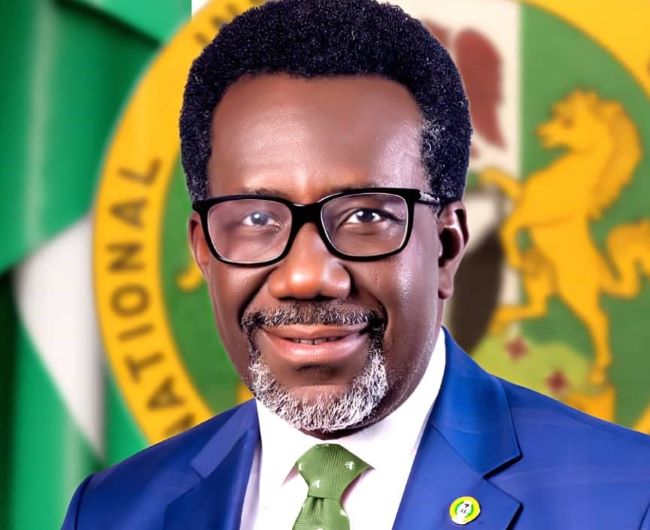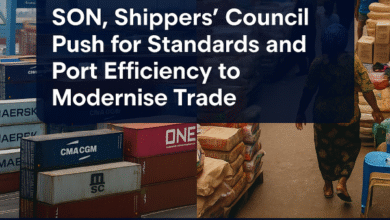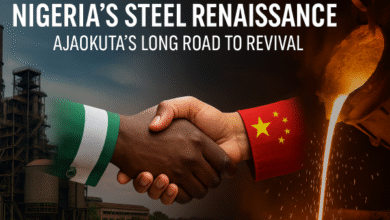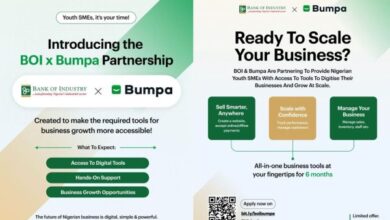Fuel subsidy to go by June 2023, says finance minister
 The Minister of Finance, Budget and National Planning, Mrs Zainab Ahmed, says the Federal Government will do away with petroleum subsidy by June 2023.
The Minister of Finance, Budget and National Planning, Mrs Zainab Ahmed, says the Federal Government will do away with petroleum subsidy by June 2023.
Ahmed said this on Tuesday in Abuja, during a press conference to mark the end of the 28th National Economic Summit (NES).
The News Agency of Nigeria (NAN) reports that fuel subsidy gulped N2.565 trillion between January and August 2022.
Also, in the Medium-Term Expenditure Framework, the Federal Government proposed to spend N3.3 trillion on fuel subsidy between January and June 2023.
According to Ahmed, the removal of fuel subsidy is part of the Federal Government’s medium-term plan in the budget.
She, however, said that the challenge is how to go about removing the subsidy.
“First, we have to engage. We have already engaged with the states and the public before it was approved as part of the medium-term plan.
“We have to do it by systematically informing the citizens about the size and the quantum of the fuel subsidy.
“We also have to educate them about the opportunity cost of what we are unable to do because of the fuel subsidy,” she said.
According to the minister, the fuel subsidy, in addition to budget deficit, is putting enormous pressure on the “fiscals”.
“It is not money that we have; it is money that we have to borrow to maintain the fuel subsidy.
“Some countries introduced subsidy during COVID-19, and because of the Russia-Ukraine conflict, but they are using their money to fund such subsidy.
“In our case, we are borrowing to pay the subsidy; that is double jeopardy. It is something that has to stop
“We are glad that majority of people in decision-making positions, including the political parties, have agreed that subsidy is not sustainable.
”The plan is, by June 2023, we must have completely exited subsidy, and it has to be a gradual process,” she said.
Also speaking, the Minister of State for Budget and National Planning, Mr Clem Agba, said that the National Development Plan (NDP), put together by the Federal Government, will help boost the economy.
Agba said that the NDP is designed to encourage improved private-sector participation.
“It is not a Federal Government plan, it is a national plan put together by the Federal Government, the state governments, the local governments and the private sector.
“Together we identified the constraints that militate against the private sector from driving the economy.
“From the Federal Government side, we have started working on 18 laws. We realised that there are issues of multiplicity of taxes.
“So, rather than encourage businesses to grow, we are stifling them, especially the Micro, Small and Medium Enterprises (MSMEs),” he said.
Agba said that there are three different volumes of the NDP.
According to him, the second volume deals with the prioritised programmes and projects, where about N350 trillion was identified as the requirement for capital investment.
NAN reports that the NES is organised annually by the National Economic Summit Group (NESG).
The NESG was formed in 1993 by a group of concerned private sector leaders representing key economic sectors, to proffer solutions to the country’s economic challenges.
The theme of the 2022 summit was “2023 and beyond: Priorities for Shared Prosperity”.


